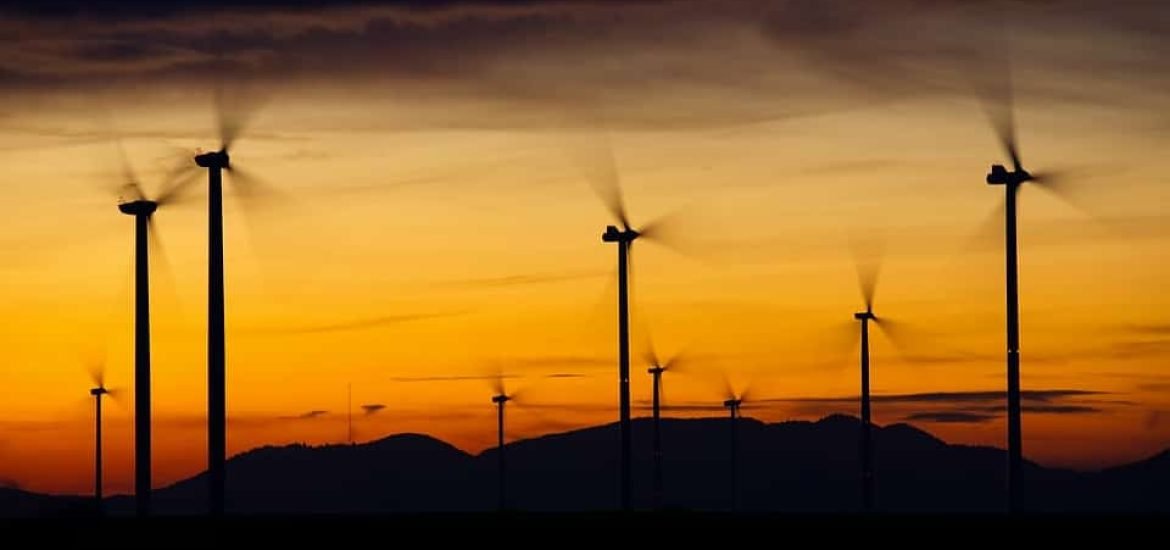
Eu is rethinking the way it produces and consumes energy to meet commitments taken in the context of the UN Paris Agreement, making digitalisation a key priority.
In the wake of the Paris Agreement, the European Commission chose to lead the global shift to a low-carbon energy production, rather than only adapt to it. Those changes represent a real economic opportunity, delivering on jobs and growth for all European citizens underpinned by rising worries about earth’s declining fossil fuel reserves.
The next few days are going to be crucial as on December 18, EU energy ministers are expected to reach an agreement on future of energy in Europe. The European Parliament and the national governments are currently finalising their respective positions for the new chapter of the Clean Energy for All Europeans Package – aa action plan aiming at unlocking Europe’s green growth potential.
The European Commission tabled for 27% of its energy to be renewable by 2030. However, the recent significant fall in renewable energy prices has prompted some EU officials to ask for an update its 2030 projections, saying there are additional arguments to also discuss the figure of 30%. Whether this new goal will indeed be met by cross-over national support is yet unsure. However, it has open the door to new talk on how to reach the said 30%.
With this in mind, general director at the European Commission’s department for energy Dominique Ristori called for bridging energy production and digital economy. He explains: “With the growing share of renewable energy, the energy system is becoming more decentralised. Today, 90% of new installed capacity of renewable energy are connected at distribution level in the electricity sector.”
Faced with a multitude of intermittent power supplies, “we need to harness the potential of intelligent components and ICT”, he says. Other calls for the development of smart grids – interfaces relying on digital technology for a two-way communication between the utility and its customers – have been made in EU institutions, and broad support seems to be bubbling up.
This turn could be good news for citizen energy. Smart grids will indeed empower consumers to participate actively in the market and benefit from new technologies. Their role is taken very seriously ever since a 2016 CE Delft report showed that over 112 million energy citizens could meet 19% of Europe’s electricity demand by 2030.
However, not every Member Country yet recognises a right for its citizens to produce, store and sell renewable electricity. In several Member States self-generating and self-consuming electricity is effectively banned – not to mention trading self-generated electricity. So far, Greece, Belgium and Hungary have expressed support for citizen energy. Spain and Germany, backed by France and the UK, seem to be putting on the brakes, though.
This post is also available in: FR (FR)